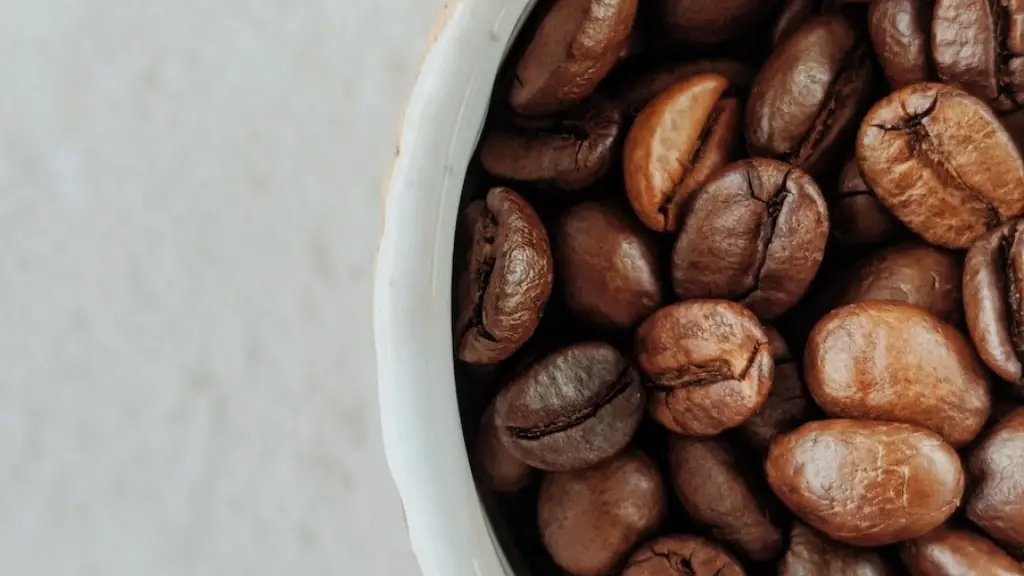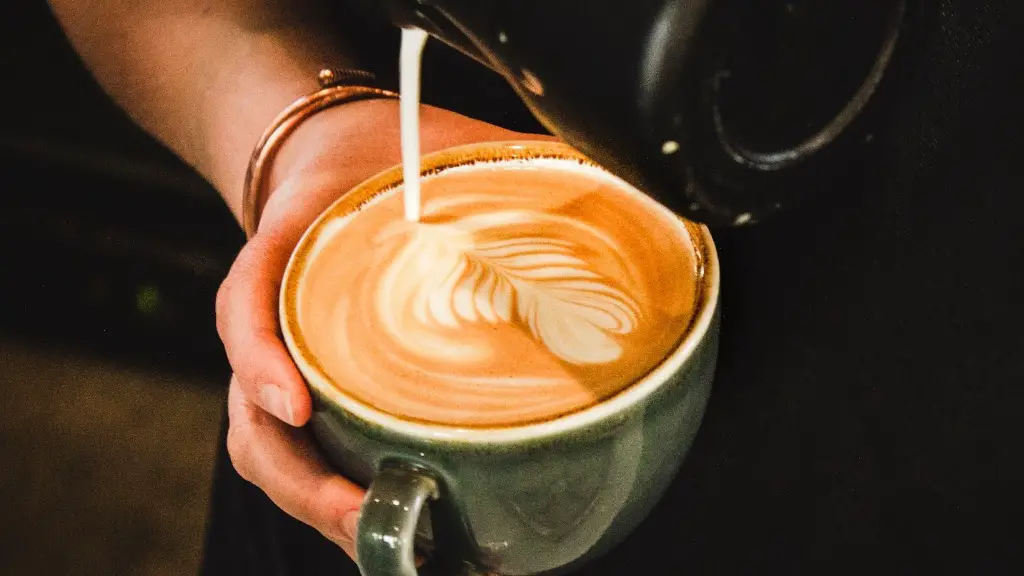It can seem as though a ketogenic diet restricts everything. However, that doesn’t always have to be the case when it comes to enjoying the occasional cup of coffee. In actuality, there is a lot to consider when selecting a type of coffee to consume with a ketogenic diet. For individuals living with a ketogenic lifestyle, caffeine can play an important role in a successful meal plan.
After all, many individuals on a keto diet are turning to caffeine for its ability to boost energy and cognitive performance. However, as with all food and drinks, there are certain nuances to keep in mind. Coffee can actually be beneficial or detrimental to a person’s success with the keto diet depending on the type they choose and how they consume it.
Before we dive into the benefits of drinking coffee on a ketogenic diet, let’s explore what makes the keto diet so special. Essentially, this diet encourages individuals to get more of their calories from fat. Thus, macronutrient ratios will typically look like 5-10% Carbohydrates, 15-20% Protein, and the remainder of the daily calories coming from dietary fat.
The reason for this shift is to help induce a metabolic state known as “ketosis,” which involves the body using primarily fat for fuel. Along with encouraging drastically lower sugar and carbohydrate intake, this type of diet forces the body to depend on fat for fuel.
In an interview with nutritionist Katie Rose Watson, she discussed that when going on a ketogenic diet, it is important to properly fuel the body with healthy proteins, fats, and fiber-rich carbohydrates. It is also important to pay attention to where the individual sources their food, as it is important to keep track of the micronutrient intake. It is especially important when on a ketogenic diet to pay special attention to your levels of healthy fats, as this is often where individuals experience the most success.
Of course, now let’s dive into how coffee fits into the picture. The great thing about relying on primary fat for fuel is that it can do much more than just provide energy. It also plays a role in helping individuals feel fuller and avert hunger.
Coffee, when taken in moderation and when combined with good nutritional choices, can in fact be beneficial for those on a ketogenic diet. Coffee can act as an appetite suppressant, and can help stave off hunger cravings. It also provides an energy boost and can help to improve mental clarity and focus.
When choosing the right kind of coffee to go with a ketogenic diet, there are a few things to keep in mind. The keto diet calls for eating “real” food, which generally means food that has no added sugar and is nutrient-dense. This should be the same idea when selecting coffee. Instead of reaching for a flavored coffee creamer or a cup of java that is loaded with sugar, try to find coffee that is low in sugar and is made using healthy, high-quality coffee beans.
Sugar and Calories
It’s a good idea to limit pre-packaged, sugared coffee drinks on a ketogenic diet. In general, stay away from anything that is sugary or even too creamy. Too much sugar and/or fat can kick an individual out of ketosis. The goal is to remain as consistent as possible with the original goals associated with the ketogenic diet, which generally means avoiding sugar, artificial sweeteners, and heavy dairy.
Though sugar and fat can be of concern when selecting coffee on a ketogenic diet, the coffee itself is still relatively low in both sugar and calories. Depending on the type of coffee beans and how the coffee is prepared, the calories in a cup of coffee can range from 2 to 6 calories.
Black coffee that contains no added creamers or sweeteners can be a great choice for individuals living with a ketogenic lifestyle. Additionally, adding a reasonable amount of full-fat dairy or coconut oil to coffee is generally accepted. Topping off coffee with something like MCT (medium chain triglyceride) oil or coconut oil, for example, can be a great way to get additional healthy fat in the diet without all the added sugar and calories.
Coffee and Intermittent Fasting
Another great way to get comprehensive energy and focus benefits is to combine keto coffee with intermittent fasting. Intermittent fasting is a type of eating pattern that involves consuming food during a shorter window of time each day and fasting overnight. This eating pattern can be especially helpful when trying to stay in ketosis and make the most out of the ketogenic lifestyle.
Intermittent fasting is gaining in popularity, and for good reason. Studies have shown that this way of eating can lead to several health benefits, including improvement in metabolic health, increased focus, and even weight loss.
One way to get the most out of intermittent fasting is to accompany it with black coffee. Black coffee can help to spur ketosis and boost energy, making it an ideal accompaniment for individuals looking to switch up their diet and get the most out of their fasting window.
Health Benefits of Coffee
In addition to it being an acceptable beverage choice on a ketogenic diet, drinking coffee itself can have some great health benefits. As mentioned, coffee is linked to a reduction in feelings of hunger and sugar cravings. It can also help to provide the energy boost and mental clarity many individuals need while they are on a diet.
Coffee may also provide antioxidant benefits. Studies have shown that drinking coffee can reduce the risk of certain diseases and enhance cognitive performance. Plus, it can spur fat-burning during the post-exercise period.
Just remember that moderation is the key – drinking too much of anything can be detrimental, even with a keto diet. Make sure to always check with a doctor before beginning any dietary plan. It is important to find the right balance of caffeine intake, and to be aware of the correct sugar and fat sources.
Tips for Drinking Coffee on a Keto Diet
When selecting coffee to accompany a keto diet, think in terms of quality and quantity. Reach for high-quality, nutrient-dense food and drinks that won’t send blood sugar levels on a roller-coaster ride. Choose black coffee over the heavily sugared or creamed options. Try to avoid foods and beverages with added sugars and artificial ingredients. For individuals looking for a little extra, try topping off the coffee with some healthy fats like coconut oil or full-fat dairy to add some flavor and extra boost of healthy fats.
Of course, what matters most is that each person finds what works for them and their lifestyle. For those on the ketogenic diet, oftentimes the combination of intermittent fasting and coffee can provide the perfect balance of energy and health. But ultimately, it will come down to everyone’s individual needs and preferences.
Caffeine Tolerance
Individuals should also be aware of their individual caffeine tolerance. Too much caffeine can lead to some unpleasant side effects, such as jitteriness, insomnia, upset stomach, and even headaches. Too little caffeine, on the other hand, can cause fatigue and the inability to focus.
Be sure to be mindful of the amount of coffee you are drinking, and the amount of caffeine you are consuming. If possible, check in with a healthcare provider to ensure you aren’t overdoing it and to adjust if necessary. The goal should be to find the balance that works best for you.
Keto Deliciousness
At the end of the day, some people may find that coffee isn’t a part of their ideal ketogenic meal plan. Others may find that incorporating coffee comes with a range of benefits, such as improved focus, sustained energy, and even fat-burning and appetite suppressing properties. As with any dietary adjustments, it is important to experiment with different drinks and different levels of caffeine intake to determine what works best for you.
For those individuals who do incorporate coffee into their keto diet, be sure to check labels and keep an eye out for hidden sugars and additives. Also remember that while coffee can provide some great health benefits, moderation is key.
Coffee Alternatives
Even among coffee lovers, there may be individuals who just don’t tolerate the taste of coffee or are trying to cut back on the amount of caffeine they are consuming. Fortunately, there are alternatives that can be just as tasty and low in sugar. Cold brew coffee, matcha, golden milk, and herbal teas such as rooibos, chamomile, or ginger tea, just to name a few, all offer a delicious option for individuals looking for an alternative to coffee.
For individuals looking for something a bit more filling, there are keto-friendly coffee smoothies and frappes that can help fill up a growling stomach. Whether it’s cold brew, hot coffee, or even tea, there are a range of delicious options to perk up any ketogenic diet.





